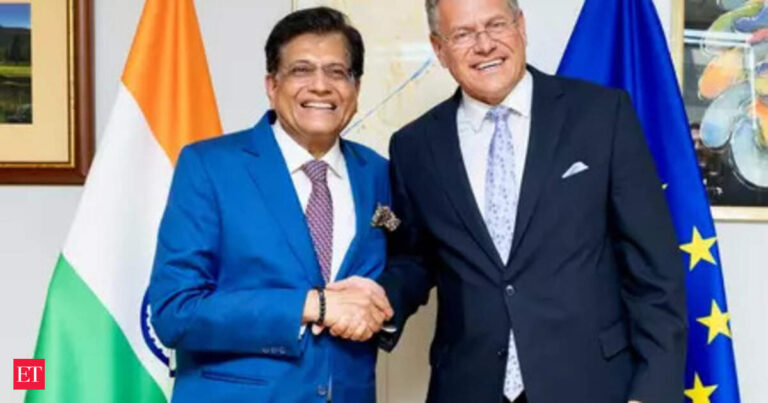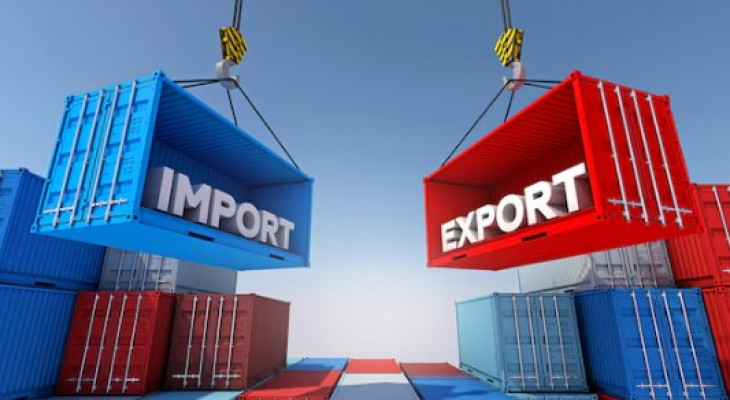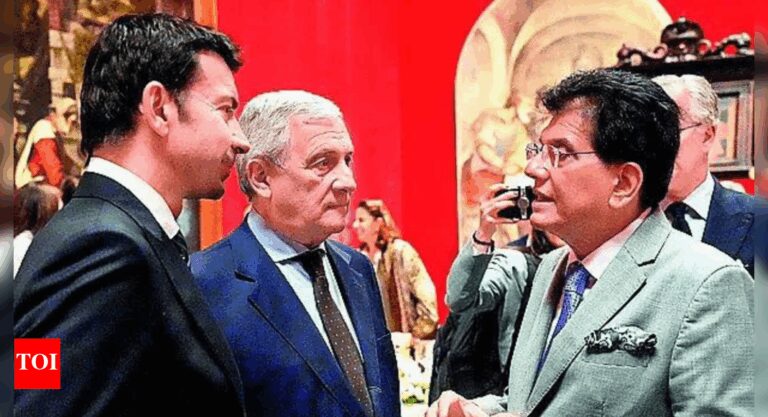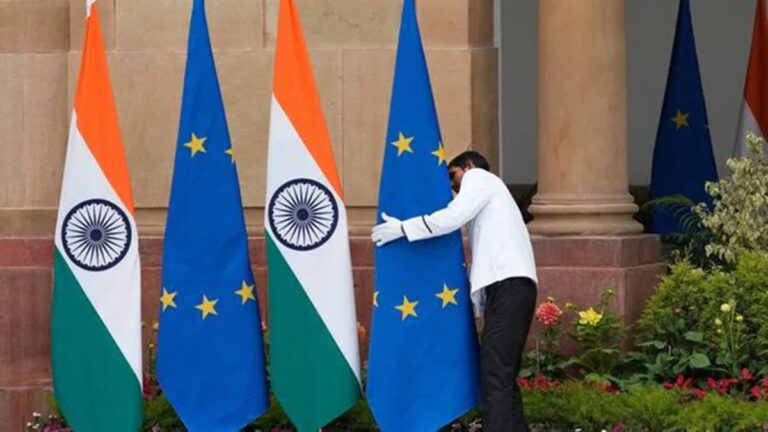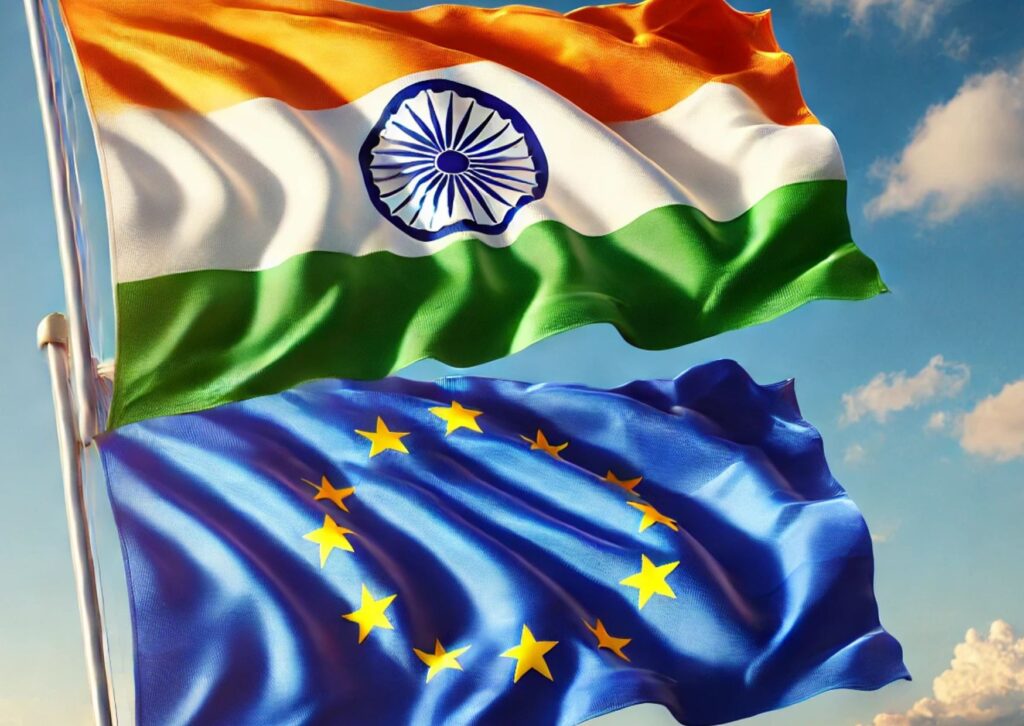
The European Union (EU) is stepping up its efforts to strengthen its strategic partnership with Indiawith a focus on promoting trade, investment and sustainable development.
Building on the relaunch of negotiations in 2022 for a Free Trade Agreement (FTA)the partnership reflects mutual ambitions to strengthen economic ties and address shared global challenges.
Progress in trade and investment agreements
Trade relations between the EU and India are already significant, with the EU being India’s third largest trading partner, accounting for €88 billion in goods trade in 2021 (10.8% of total trade in India). Meanwhile, India is the EU’s 10th largest trading partner, accounting for 2.1% of the bloc’s merchandise trade. Trade in services between the two reached €30.4 billion in 2020, further highlighting the depth of economic relations.
The FTA negotiations aim to achieve several key objectives:
- Remove barriers helping EU businesses, particularly small and medium-sized enterprises (SMEs), export more efficiently.
- Open the markets for public services and procurement.
- Ensure protection geographical indications (GI) to safeguard distinctive regional products.
- Pursue ambitious commitments on trade and sustainable development.
- Enforce agreed rules to ensure reliability and fairness.
Alongside the FTA, the EU and India are working on an investment protection agreement to create a predictable and secure environment for investors on both sides. The agreement aims to:
- Provide non-discrimination protections.
- Protect yourself against expropriation without compensation and unfair treatment.
- Authorize the transfer of returns.
- Establish a state-of-the-art dispute resolution mechanism has effectively apply agreed rules.
These agreements aim to strengthen investor confidence, boost economic collaboration and deepen ties in key sectors such as technology, pharmaceuticals and renewable energy.
A shared vision for sustainable development
The EU and India are committed to making sustainable development the cornerstone of their partnership. Renewable energy is a particular area of interest, with both parties exploring collaboration in solar, wind and green hydrogen technologies.
India’s leadership in International Solar Alliance aligns closely with the The objectives of the EU Green Dealproviding a framework for joint efforts in clean energy production and infrastructure development.
Additionally, trade negotiations seek to incorporate ambitious sustainability commitments, ensuring that economic growth aligns with environmental and social goals. Both parties are exploring innovative approaches to achieve circular economies and decarbonization.
Meeting geopolitical and economic challenges
The partnership also aims to address broader geopolitical and economic challenges. Maritime security, counter-terrorism and Indo-Pacific stability are key areas of dialogue. Enhanced cooperation in these areas reflects shared concerns about regional security and the rules-based international order.
Economically, reducing market access barriers and diversifying supply chains remain priorities for both the EU and India. These efforts aim to mitigate vulnerabilities exposed by the COVID-19 pandemic and other global disruptions, thereby creating a more resilient and stronger economic partnership.
Opportunities and challenges
Despite the opportunities, challenges remain, including aligning regulatory frameworks and addressing differences in business priorities. However, the renewed commitment to the negotiations demonstrates a determination to overcome these obstacles. By fostering mutual trust and collaboration, the EU and India are poised to unlock significant economic and geopolitical benefits.
Looking to the future
As the EU and India prepare for a landmark summit in 2025 to mark 50 years of diplomatic relations, the foundations for a more comprehensive and forward-looking partnership are being laid. The agreements currently being negotiated, once finalized, are expected to boost economic growth, create jobs and promote sustainable development on both sides.
Read also:
Indian banks halt Russian oil deals and shift to US supplies
Post Views: 490
